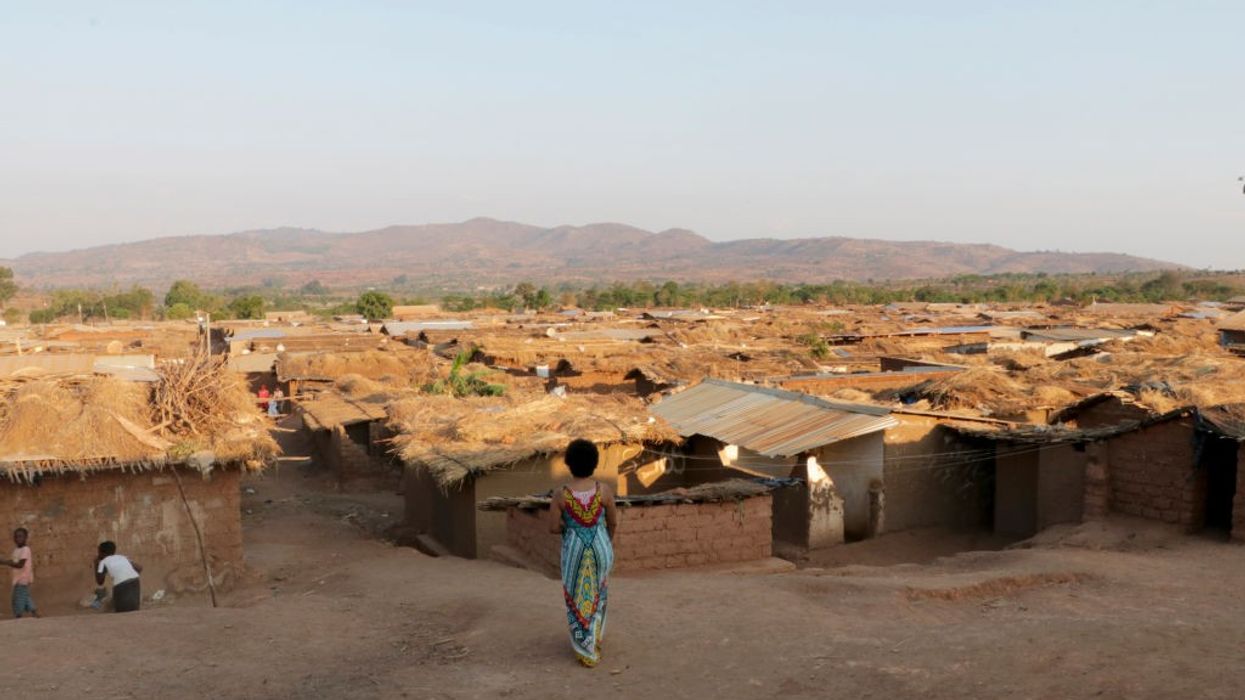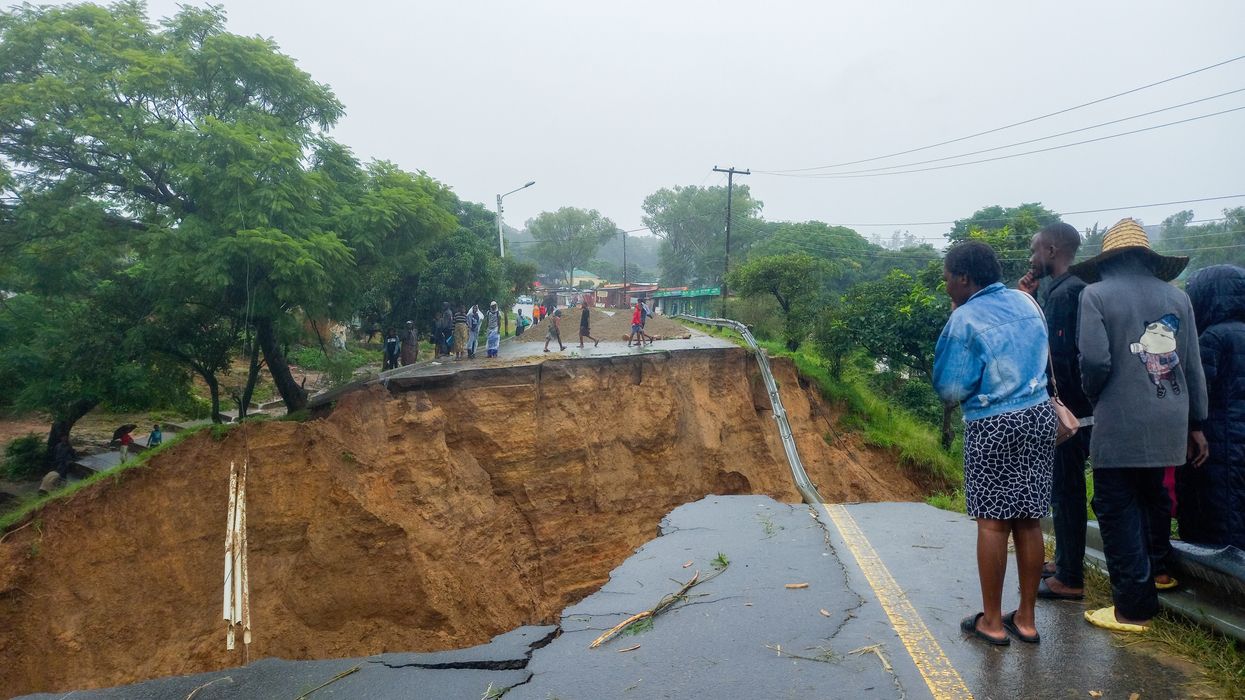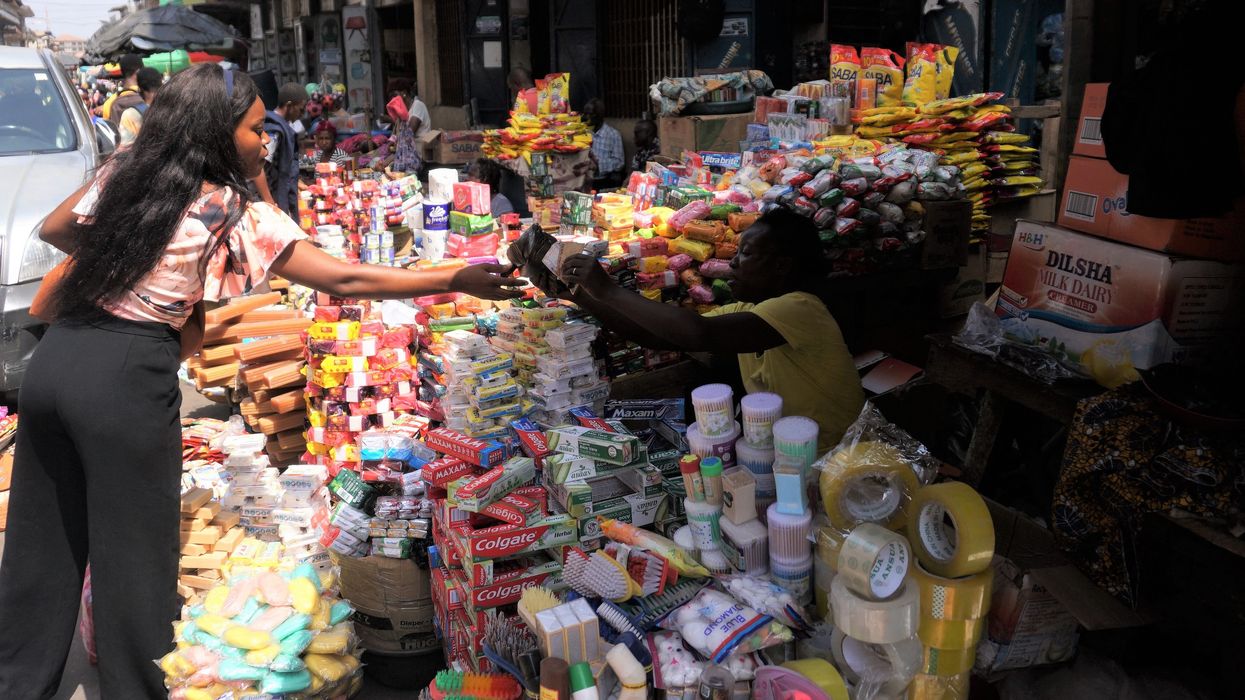"When it comes to the climate crisis, there is a global postcode lottery that is stacked against the poor," Christian Aid chief executive Patrick Watt said in a statement. "In poorer countries, people are often less prepared for climate-related disasters and have fewer resources with which to bounce back. The upshot is that more people die, and recovery is slower and more unequal."
The disasters on the list reflect an accelerating climate emergency, as 2023 is set to be the hottest year both on the official record and in 125,000 years of human history.
"The effects of climate change are increasingly obvious, not least in the increasing frequency and severity of climate related disasters," Watt wrote in the report foreword. "Floods, storms, heatwaves, and droughts are all becoming more intense, and climate attribution science is becoming clearer that climate change is causing these more intense disasters."
The report focuses on disasters whose increased frequency or intensity have been linked to the burning of fossil fuels, excluding events like earthquakes. It draws primarily on the EM-DAT database of international disasters, supplementing with data from individual countries, insurers, and the United Nations. It then determines their per capita cost by dividing total damages by the impacted population.
"The worst negative impact of Cyclone Freddy that I shall never forget in my entire life is the destruction of the only house that we struggled to construct."
"This method offers a more individualized perspective of the disaster's impact, highlighting the financial strain on the average citizen rather than just the aggregate economic toll," the report authors explained.
The costliest climate disaster of 2023 was the wildfire that devastated Maui from August 8 to 11. The report found that the fires had a per capita cost of $4,161 for the people of Hawaii. While Hawaii is part of the U.S., a wealthy country, other commenters have noted that the fire reflected the legacy of the colonialism inflicted on Indigenous Hawaiians and land-use changes that favored first agricultural plantations and then tourism over maintaining a healthy ecosystem. Locals and climate justice advocates voiced concerns that the affected area would be rebuilt in the interests of wealthy developers rather than surviving residents.
Other headline-making disasters on the list included the flooding that inundated Libya in September and Cyclone Freddy in Malawi, which was the second deadliest cyclone in Africa since 2000.
Christian Aid's full list of the 20 costliest disasters of 2023 and their per capital price tag is as follows:
- Hawaii, U.S., wildfire: $4,161 per person
- Guam, storm: $1,455 per person
- Vanuatu, storm: $947 per person
- New Zealand, storm: $468 per person
- New Zealand, flood: $371 per person
- Italy, flood: $164 per person
- Libya, flood: $105 per person
- Peru, flood: $66 per person
- Spain, drought: $50 per person
- Myanmar, storm: $41 per person
- Chile, flood: $39 per person
- Haiti, flood: $36 per person
- Mexico, storm: $35 per person
- Chile, wildfire: $30 per person
- U.S., storm: $25 per person
- China, flood: $23 per person
- Peru, storm: $20 per person
- Malawi, storm: $17 per person
- U.S., storm: $16 per person
- Peru, flood: $9 per person
The report authors pointed out that per capita costs tend to be higher in wealthier countries that have higher costs of living and more insurance data to inform figures. This does not always reflect the relative impact of a disaster on a population. For example, a full recovery from Storm Freddy in Malawi is estimated to cost $680 million.
"Given the scale of the disaster, and the huge number of people affected, this may seem like a relatively low amount," the report authors noted, "but since the total of economy of Malawi is $13 billion, it represents 5%, a much higher proportion than in most other disasters on our list."
The per-person cost of that full recovery comes out to $33, which seems small by U.S. standards but amounts to more than 5% of the average annual income of $500 in Malawi.
"The worst negative impact of Cyclone Freddy that I shall never forget in my entire life is the destruction of the only house that we struggled to construct," 69-year-old widow and storm survivor Mofolo Chikaonda told Christian Aid.
Watt wrote in the foreword that "the fact that poorer countries and communities contribute little to global heating makes climate-related disasters a double inequality. This is an injustice that a growing number of poorer countries and civil society campaigners have rightly challenged."
The charity made several recommendations for the international community to prepare for and address climate disasters in a just manner.
"Governments urgently need to take further action at home and internationally to cut emissions and adapt to the effects of climate change," Watt said. "And where the impacts go beyond what people can adapt to, the loss and damage fund must be resourced to compensate the poorest countries for the effects of a crisis that isn't of their making."
A loss and damage fund to help poorer nations pay for the inevitable impacts of the climate crisis was agreed to at the 27th annual U.N. Climate Change Conference (COP27) in 2022 and had its details finalized at this year's COP28 in Dubai.
"Loss and damage costs are in the hundreds of billions of dollars annually in developing countries alone," Nushrat Chowdhury, Christian Aid's climate justice policy adviser in Bangladesh, said in a statement. "Wealthy nations must commit the new and additional money required to ensure the loss and damage fund agreed at COP28 can be quickly get help to those that need it most."
Christian Aid said that countries should agree on a New Collective Quantified Goal to fully fund climate mitigation, adaptation, and loss and damage; make sure poorer nations can quickly access the new loss and damage fund as it becomes operational in 2024; make vulnerable communities more resilient by investing in solutions like agroecology; increase funding for early warning and response systems; measure the impacts of disasters and share their findings; and establish social services at home to assist disaster victims while providing poorer nations with the debt relief, funding, and tax-rule reform they need so they can afford to help their own populations.




